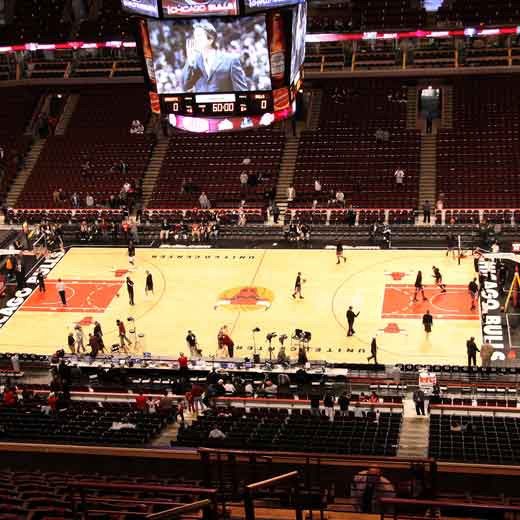Junior Bridgeman, a former NBA player and successful businessman, passed away on Tuesday, March 11, 2025, following a heart attack during a public event in Louisville, Kentucky. He was 71 years old.
Bridgeman was speaking with a WLKY anchor at the Boy Scouts Lincoln Heritage Council’s 45th Annual Leadership Luncheon at The Galt House Hotel when he clutched his chest and expressed that he was experiencing a heart attack. Emergency services were promptly notified, and he was taken to a nearby hospital, where he later died.
“Junior Bridgeman was an integral part of our community,” stated Lance George, Chief Marketing Officer of the Al J. Schneider Company, the entity representing the Galt House. “From his athletic impact to his philanthropic efforts, he will be deeply missed. Our thoughts and prayers go out to the Bridgeman family during this time.”
Bridgeman, originally from East Chicago, Indiana, first gained recognition as a basketball player at the University of Louisville between 1972 and 1975 under coach Denny Crum. During his college career, he was twice named Missouri Valley Conference Player of the Year and helped lead his team to two Final Four appearances.
Bridgeman was selected by the Los Angeles Lakers in the 1975 NBA draft but was traded to the Milwaukee Bucks, where he played most of his 12-year career. He was known for his versatility and consistency, averaging 13.6 points, 3.5 rebounds, and 2.4 assists per game with the Bucks.
The Milwaukee Bucks retired his No. 2 jersey in 1988 due to his significant impact on the team. In February 2025, Bridgeman acquired a 10% minority stake in the Bucks, reconnecting with the organization that had been a major part of his life.
NBA Commissioner Adam Silver described Bridgeman as “the ultimate entrepreneur” and a “mentor to generations of NBA players and athletes.” The Bucks organization expressed their grief at Bridgeman’s passing, acknowledging his considerable influence both on and off the court.
Although Bridgeman’s basketball career was notable, his business achievements were even more remarkable. Despite never earning more than $350,000 per season in the NBA, he became one of the wealthiest former athletes globally.
After retiring, Bridgeman invested in Wendy’s franchises, building an empire under Bridgeman Foods Inc. that included over 450 Wendy’s and Chili’s locations nationwide. He expanded his business ventures to include Coca-Cola bottling operations, acquiring Ebony and Jet magazines, and co-founding Manna Capital Partners, an investment firm.
Forbes estimated Bridgeman’s net worth at over $1.4 billion at the time of his death, marking him as a successful athlete who transitioned effectively into the business sector.
Beyond business, Bridgeman was actively involved in the Louisville community, where he resided after his playing career. He served on the boards of several organizations, including the University of Louisville, Simmons College, and Churchill Downs. He was a co-owner of Valhalla Golf Club and ran an annual basketball camp in Milwaukee, Wisconsin.
During his playing days, Bridgeman also engaged with the Milwaukee community, serving on the board of Milwaukee Athletes against Childhood Cancer and maintaining strong ties to the city throughout his life.
Former University of Louisville basketball coach Denny Crum described Bridgeman as “a wonderful person” who was “so giving and kind to everybody.” Bridgeman’s influence extended beyond basketball, using his success to positively impact the communities he was part of.
The Bridgeman family business continues through his wife, Doris, and their three children, who have joined the family enterprises. Bridgeman’s legacy as a basketball player, businessman, and philanthropist will inspire future generations of athletes and entrepreneurs.
Throughout his life, Bridgeman was known for his humility despite his substantial success. Former colleagues and business partners often described him as down-to-earth and approachable, someone who remained connected to his roots even as his wealth and influence expanded.
The announcement of Bridgeman’s sudden death has led to numerous tributes from the sports world, business community, and the cities of Louisville, Kentucky, and Milwaukee, Wisconsin—places he called home at different times in his life.

